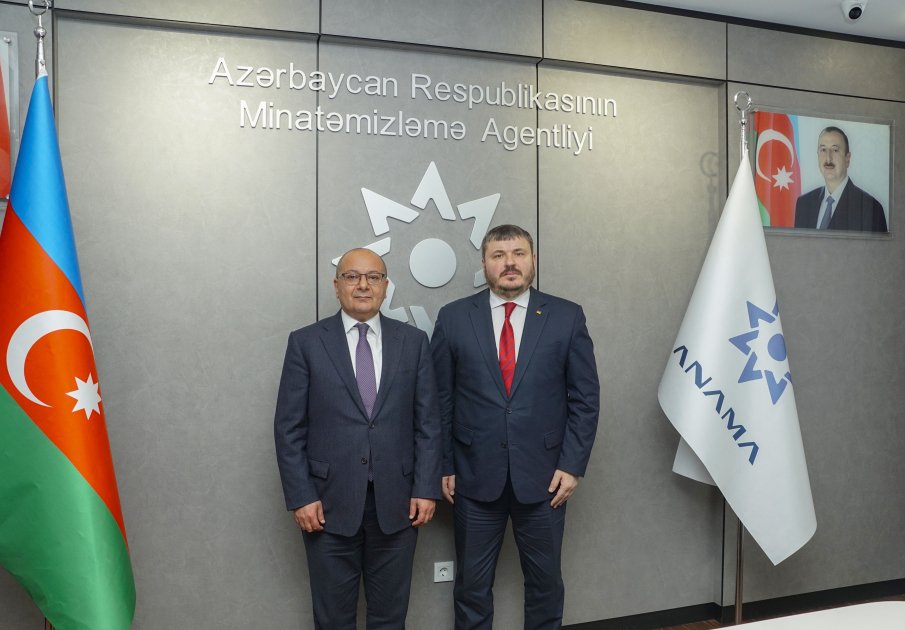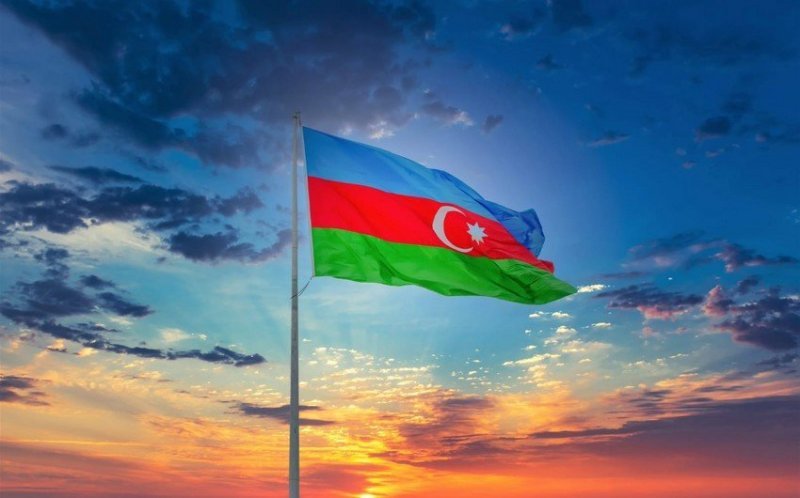Over the past three decades, Azerbaijan economic transformation has been profoundly influenced by strategic initiatives spearheaded by visionary leaders, Heydar Aliyev and Ilham Aliyev.
Central to this transformation is the leadership of Heydar Aliyev, often heralded as the architect of the independent Azerbaijani state. His strategic foresight is epitomized by the “Contract of the Century” signed in September 1994 in Baku.
This important agreement marked a significant milestone in Azerbaijan’s oil strategy, setting the stage for extensive international cooperation and development in the Caspian Sea region.
Azerbaijan Economic Transformation and “Contract of the Century”
The “Contract of the Century” positioned Azerbaijan as the first state in the Commonwealth of Independent States (CIS) to secure a substantial agreement with major Western oil companies. This landmark deal laid the groundwork for international investment and collaboration in the “Azeri-Chirag-Gunashli” (ACG) oil fields within Azerbaijan’s sector of the Caspian Sea. The successful negotiation of this contract under Heydar Aliyev’s guidance was instrumental in attracting foreign investments and expertise, which have been critical to the development of Azerbaijan’s oil industry.
Baku-Tbilisi-Ceyhan Pipeline
Further reinforcing Azerbaijan’s strategic position in the global energy market, the Baku-Tbilisi-Ceyhan (BTC) pipeline project was initiated under Heydar Aliyev’s direct influence. This ambitious project aimed to transport 50 million tons of Azerbaijani oil annually, establishing it as the primary export route. The political decision to designate BTC as the main export pipeline was solidified during the Trabzon Summit in April 1998, involving the Presidents of Azerbaijan, Georgia, and Turkiye. The BTC pipeline, which became operational in 2005, extends 1,768 kilometers from Baku to the Turkish coast of the Mediterranean Sea, traversing Azerbaijan, Georgia, and Turkey. It has since been a vital conduit for transporting oil, not only from Azerbaijan but also from regional producers such as Kazakhstan and Turkmenistan.
Economic Impact and Investment Trends
The success of these projects is reflected in the substantial investments in Azerbaijan’s oil and gas sector. In the first half of the current year, investments amounted to 2,996.2 million manat, a 4.5% increase from the previous year. However, there was a slight decline in oil transportation volumes, with 19,238.6 thousand tons of oil transported through pipelines, a 2.1% decrease compared to the previous year. Notably, the BTC pipeline accounted for 75.2% of this transportation, highlighting its continued importance. Despite minor fluctuations, the overall trend indicates a robust and steadily growing investment landscape, driven by ongoing international interest and collaboration.
Gas Sector Developments
Parallel to the advancements in the oil sector, Azerbaijan has also made significant strides in natural gas production and transportation. The South Caucasus Pipeline (SCP), operational since 2006, transports gas from the Shah Deniz field to Georgia and Turkiye. Recent expansions associated with Phase II of Shah Deniz have further enhanced capacity, contributing to increased gas exports. In the first half of the current year, 20,540.7 million cubic meters of gas were transported through Azerbaijan’s main gas pipelines, a 1.3% increase from the previous year. The SCP handled 55.6% of this volume, underscoring its critical role in Azerbaijan’s gas export infrastructure.
Southern Gas Corridor and European Energy Security
Azerbaijan’s strategic importance as a key energy partner for the European Union is underscored by the Southern Gas Corridor (SGC) project. This major infrastructure initiative aims to deliver Caspian gas to European markets, enhancing the EU’s energy security. The SGC not only facilitates gas exports but also stimulates economic growth and job creation in transit countries, including Georgia and Turkiye. The project’s expansion plans, including potential exports of green hydrogen, reflect Azerbaijan’s commitment to diversifying its energy portfolio and supporting the EU’s transition to cleaner energy sources.
Conclusion
The transformation of Azerbaijan’s economy, particularly its energy sector, is a witnesss to the visionary leadership and strategic initiatives of its leaders. From the foundational “Contract of the Century” to the expansive Southern Gas Corridor, Azerbaijan has established itself as a pivotal player in the global energy market. Continued investments and international collaborations will likely sustain this growth trajectory, ensuring that Azerbaijan remains a key energy supplier and strategic partner in the region and beyond.

Mr. Malik M. Shafiq is the Managing Editor of “The Europe Today”. An expert on history, political science and current affairs. He is recognized as an authority on the National Issues, Belt and Road Initiative (BRI), China, Climate Change, and Central Asia.
Director, The Europe Today












